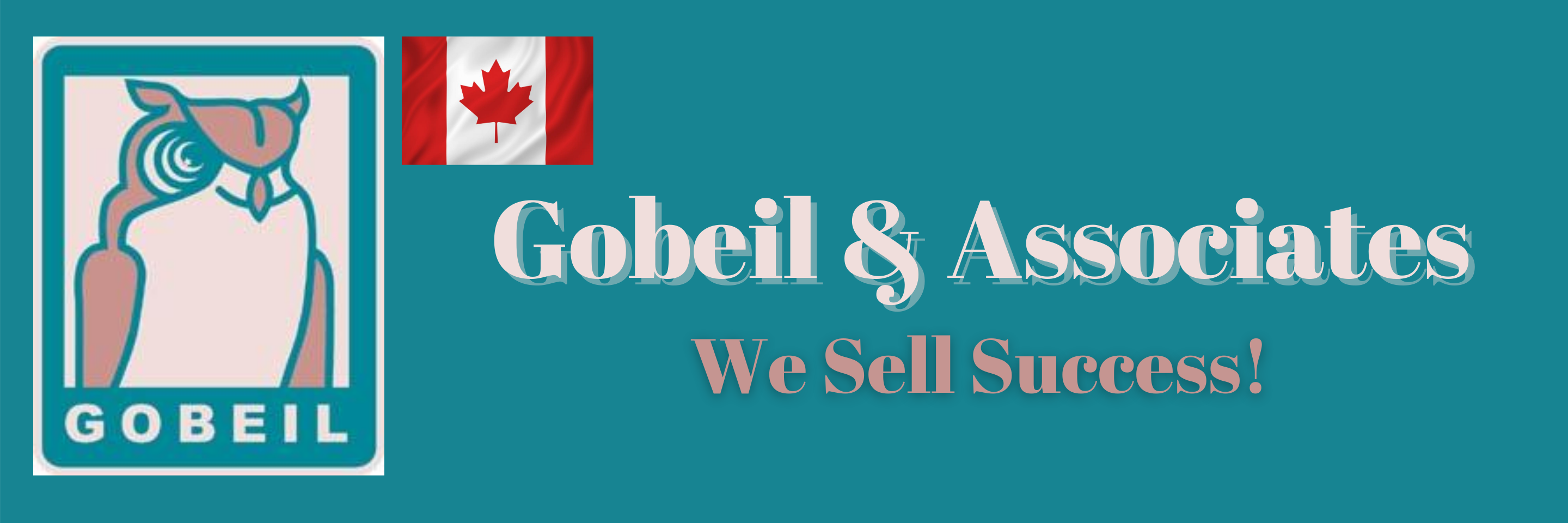Maximize Your Assets Remaining at Death
Maximize Your Assets Remaining at Death
Subscribers to The Canadian Retirement Planner's Software tell us that their major objective is to minimize their income tax during retirement. However, the Canadian Income Tax and Retirement System is not that simple. My spouse and I will pay more income tax if it increases the {Assets remaining at the year of the last death}.
{Assets remaining at year of the last death} are the assets remaining after tax upon the last death of an individual or a couple. On the final income tax return, the executor will have to report the funds in RRSPs, RRIFs, Life Income Funds, taxable capital gains on shares of private corporations, and all other forms of taxable income. After the income tax is paid on the Final Return, the remaining assets will be available to pass on to your heirs.
Is it possible to increase my assets remaining at year of my death even if I end up paying more income taxes?
Yes, it is indeed possible to increase your assets remaining at the year of your death even if it means paying more income taxes. This is because strategic planning and investment decisions can lead to overall growth in your wealth that outweighs the tax expenses. By focusing on tax-efficient investments, diversifying your portfolio, and taking advantage of various tax deferral and tax avoidance opportunities, you can potentially enhance the value of your estate.
Excess Funds in Your RRIF
If your projections of retirement income show that you will have funds left in your RRIF at death, this amount will be taxable on your Final Return. For example, if you were to have $1 million left in your RRIF at death, the first $250,000 will be taxed at the graduated rates and the amount in excess of $250,000 will be taxed at the top income tax rate, (53% in Ontario). What can you do?
Holding Company
If you own shares of a Canadian-controlled private corporation, the fair market value of those shares will be taxed as a capital gain on death. The inclusion rate will be 50% on the first $250,000 and 66% on the balance. This could result in lots of tax. What can you do?
I will pay more income tax if it increases my {Assets remaining at years of death}.
For more insights, check out the blogs/emails, Excess Funds in Your RRIF, and Holding Your Company.
YOU must take the initiative to shape your retirement finances for your benefit.
David R. Gobeil, MSc, CPA, CA, CFP®
Gobeil & Associates
